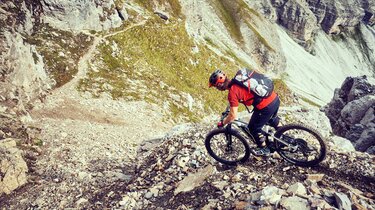Riding your bike in the rain: tips and tricks
|Know-How
Tips regarding equipment and important dos and don’ts: At Simplon, we know what to keep in mind when riding bikes in the rain. Read more in our online magazine!










